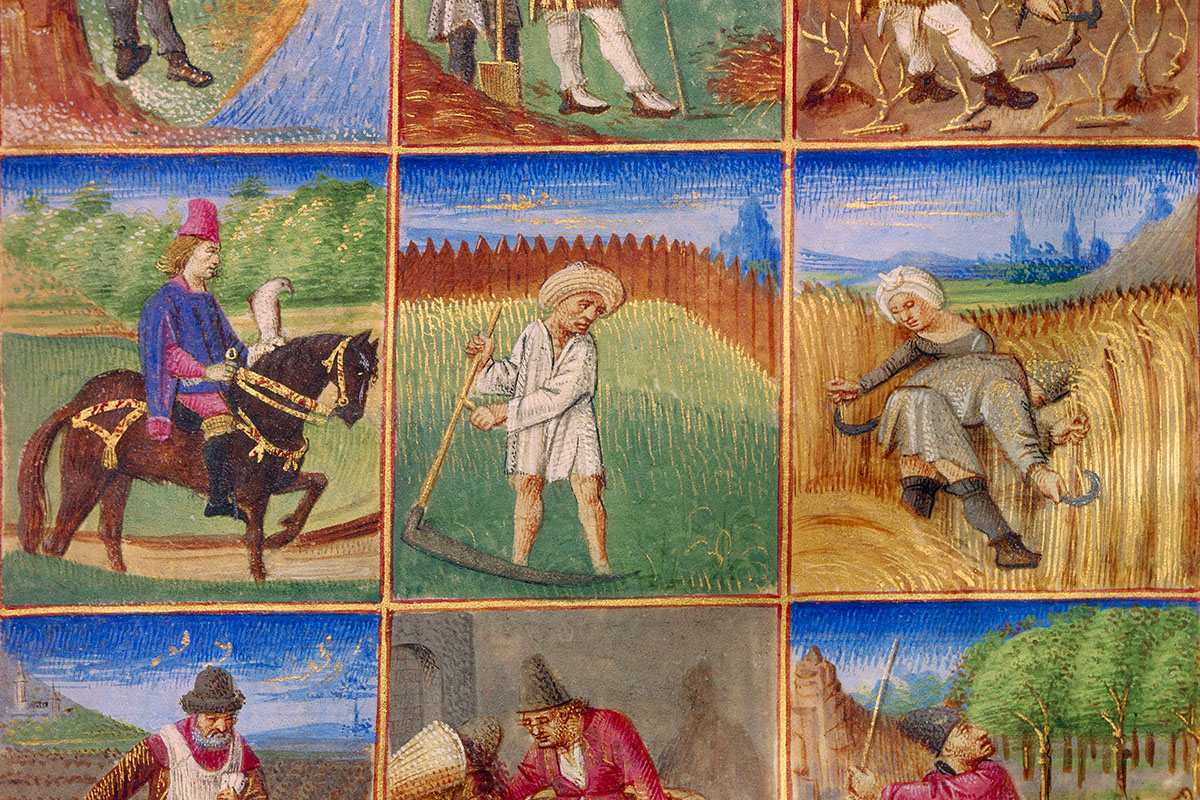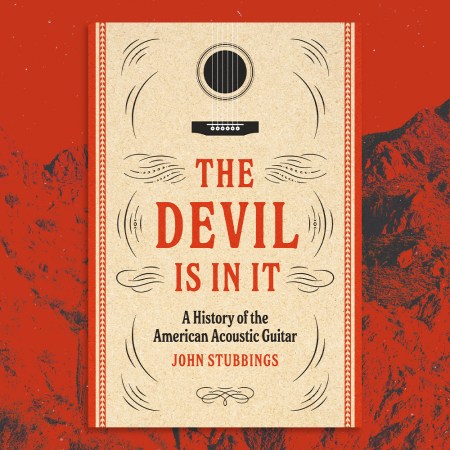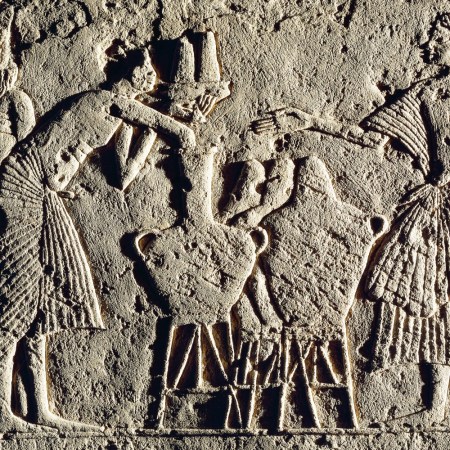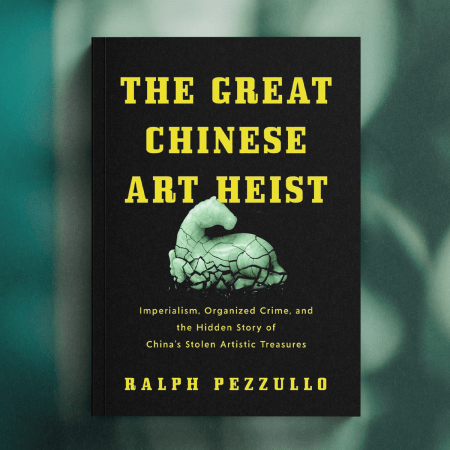There’s a part in Midnight in Paris, when Gil Pender (Owen Wilson) finally understands that he has to stop living in the past.
He reaches two conclusions. One: “Adriana, if you stay here though, and this becomes your present then pretty soon you’ll start imagining another time was really your…You know, was really the golden time. Yeah, that’s what the present is. It’s a little unsatisfying because life’s a little unsatisfying.” And the other, more to the point: “These people don’t have any antibiotics!”
“Golden age thinking,” defined by the movie as “the erroneous notion that a different time period is better than the one one’s living in” is all around us. It’s present in the fetishizations of fitness influencers, who’ve built businesses encouraging their followers to eat and train like ancient hunter-gatherers; it’s built into the thought processes of modern conservatives, who urge voters to remember the good old days, when America was still a superpower and your neighbors actually looked like you; and it’s in the trite rallying cries of today’s music snobs, who somehow fail to see any survivor bias when longing for the decades that apparently produced society’s best music.
As of late, golden age thinking has gotten even more dubious than usual. Some online have begun to obsess over the Middle Ages — an era that roughly lasted from the years 500 to 1500 — and the lives of the peasants who lived, worked and died in those centuries. The general thesis? While the Middle Ages were supposed to be miserable, Twitter is telling me that the peasants of the time actually had pretty decent lives. They worked less, relaxed more and had more time with their families. Surely that means that my life, with its limited PTO and constant mandatory Zoom calls, is worse than that of a peasant. (Cue online outrage.)
As alluded to in a recent piece by The Atlantic, a viral tweet by the writer Azie Dungey pretty succintly summed up this viewpoint. Not so subtly stirring the pot, Dungey wrote: “Medieval peasants worked only about 150 days out of the year. The Church believed it was important to keep them happy with frequent, mandatory holidays. You have less free time than a Medieval peasant…My point is that we give a lot more labor to increase someone else’s wealth than in times past. We generally work much longer hours. We have far fewer holidays and times of community festivity. The idea that this is normal is completely wrong and frankly outrageous.”
It’s hard to argue that the current system is fair in any way — it takes all of two articles to illustrate how manipulative and heartless a status quo capitalism has left us with in 2022. (Simply read this profile on Jeff Bezos’s wealth and then this story about Amazon workers having to pee in water bottles to keep their minimum-wage-earning jobs in quick succession.) Dungey’s trying to poke at the mores of modernism and drum up support for labor. On one level that’s a noble, worthy mission.
But the decision to pine for the age of peasants is head-scratching, as Atlantic writer Amanda Mull points out. For one, that “150 days of work” statistic probably isn’t accurate anymore — according to the man who published the number over 30 years ago, an economic historian named Gregory Clark, they actually could’ve worked twice that number of days per year. Medievalists don’t know how else to explain fossils that suggest diets rich in meat and dairy. In order to afford those foodstuffs, peasants would’ve needer more opportunities for payment, or more days to receive payment by alternative means, such as in the form of animal products.
Besides, when peasants weren’t working, they were still peasants. They weren’t opening up a Rick Steve’s guidebook and closing the laptop for a long weekend. They were part of a brutal, violent feudal system, in which they needed to upkeep farms and manors for the benefit of nobility. They faced threats from their lords and their lords’ rivals alike. And oh yeah, to quote Owen Wilson: “These people didn’t have any antibiotics!” Or electricity. Or running water. Or much of a life expectancy of any kind — and that’s even if you defeated child mortality.
The Middle Ages are a messy, murky portion of history. Researchers have tried their best to make sense of it for ages, but deciphering the day-to-day rhythms of the working class is nigh impossible. They couldn’t read, so they couldn’t keep records. It’s easy (and manipulative, in its own way) to cherry-pick facts and explain to the modern working class all the ways in which they’re being manipulated, but for once, for the love of all that is good, let’s leave the golden age thinking out of this.
Thanks for reading InsideHook. Sign up for our daily newsletter and be in the know.



















